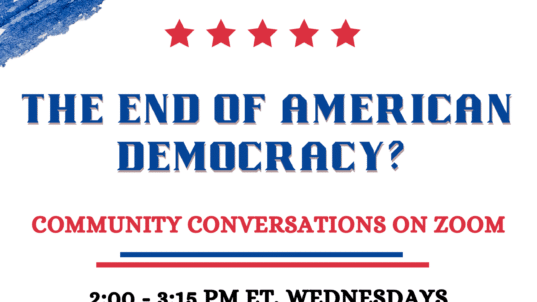“If you can’t explain what you’re doing in plain English, you’re probably doing something wrong.” Alfred E. Kahn
Whereas, prior to this point in time, the premise expressed hereinabove impacts profoundly against all my legal (and, I’m sad to say, much of my academic) training, I’d take this wonderful aphorism from Professor Kahn and go one step further. If, notwithstanding the heretofore referenced Rumsfeldian state of cerebral confusion, you nonetheless proceed to express your muddled thinking (in speech or, God forbid, in writing) in any manner other than plain English, you have in fact done something wrong. No more “probably” about it. Now you’ve confused someone else, or—even better—frustrated the hell out of them so they’re certain not to read further or do so only in a state of great aggravation. From that muddle, there is little hope of recovery, forgiveness, or clarity.
That “plain English” is now both a cliché—even a bumper sticker slogan—and an entry point to ongoing and healthy debate among writers of all types, is a tribute to the economist Alfred E. Kahn who passed away last December. His legacy for plain English (and other ideas) was better expressed in a New York Times memorial on January 8, 2011, by Robert Frank. Aside from a quibbling correction (the lead quote above was not included in Kahn’s 1977 memo to the Civil Aeronautics Board, it was added later. I know, I’ve got a copy: I genuflect before it daily and yet still manage to obfuscatize and too often annoyify). In that spirit, I can add little to Kahn’s own words in writing to the CAB staff on June 16, 1977:
May I ask you, please, to try very hard to write . . . in straightforward, quasi-conversational, humane prose—as though you were talking to or communicating with real people. I once asked a young lawyer who wanted us to say, ‘we deem it inappropriate’ to try that kind of language out on his own children—and if they did not drive him out of the room with their derisive laughter, to disown them.”
I suggest the test is a good one: try reading some of the language you use aloud, and ask yourself how your friends would be likely to react. (And then decide, on the basis of their reactions, whether you still want them as friends.)
. . .
2. Every time you are tempted to use ‘herein,’ ‘hereinabove,’ ‘hereinunder,’ or similarly, ‘therein’ and its corresponding variants, try ‘here’ or ‘there’ or ‘above’ or ‘below’ and see if that doesn’t make just as much sense.
. . .
5. Could you possibly try to make the introduction of letters somewhat less pompous than ‘this is in reference to your letter dated May 24, 1993 [??], regarding or (concerning, or in regard to, or with reference to) . . .’ That just doesn’t sound as though it is coming from a human being. Why not, for example, ‘The practice of which you complain in your letter of May 12th is one that has troubled me for a long time.’ Or, ‘I have looked into the question you raise in your letter of October 14, and am happy to report . . . .’ Or something like that?
6. Why use ‘regarding’ or ‘concerning’ or ‘with regard to’ when the simple word ‘about’ would do just as well? Unless you are trying to impress someone: but are you sure you want to impress anyone who would be impressed by such circumlocutions? . . . .
[And an endearingly humane favorite] 9. A final example of pomposity, probably, is this memorandum itself.
In all of the hereinabove referenced quotations hopefully I have successfully communicated my inputs for interfacing specifics that finalize, implementize, and address the issues impactfully.



